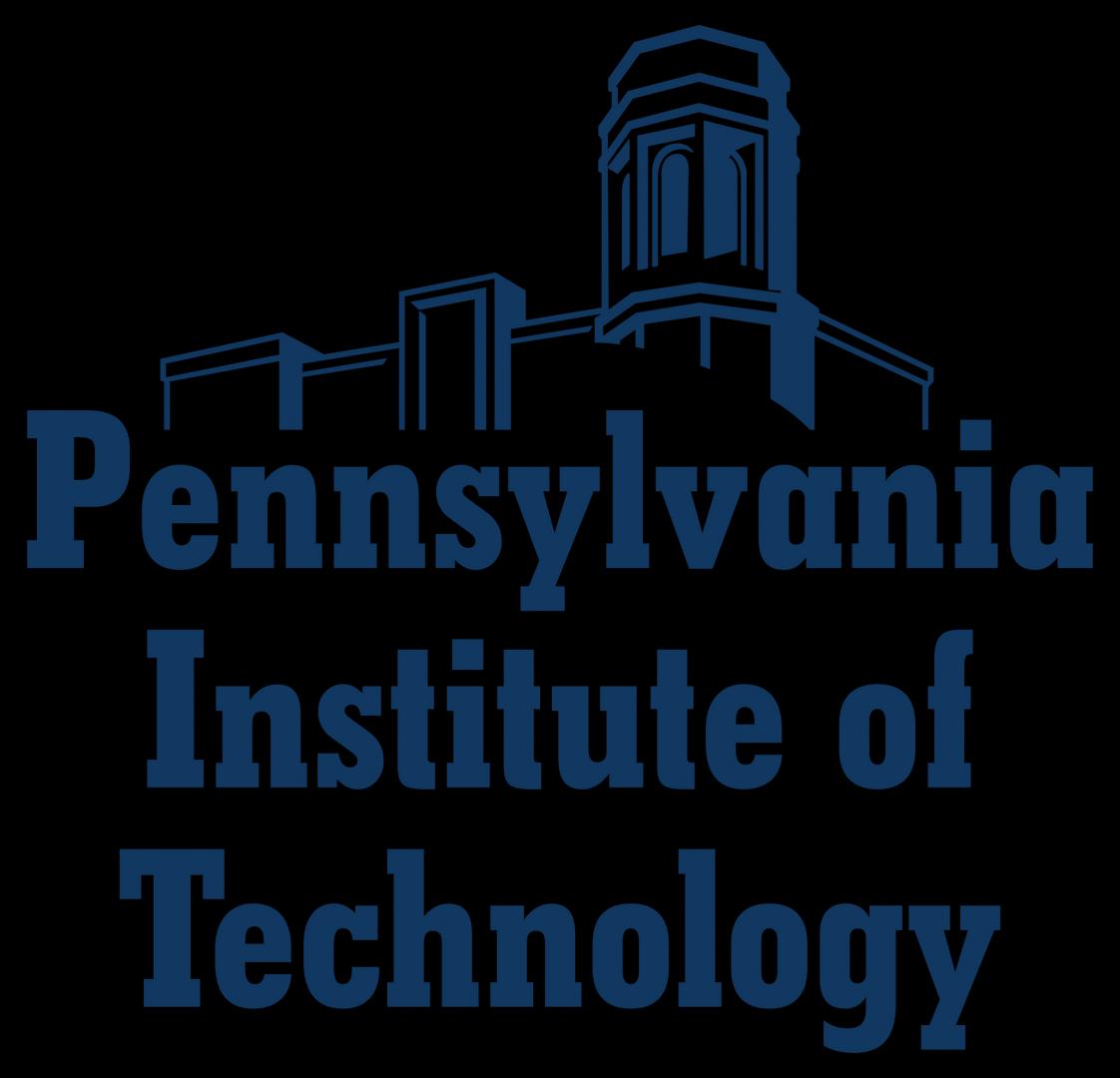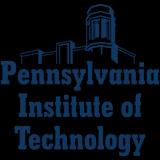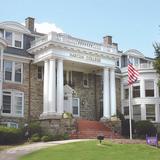- The mission of Pennsylvania Institute of Technology is Student Success. The College provides a supportive environment to enable committed students to succeed by offering the best collegiate education for career advancement, transfer opportunities, and personal growth.
School Highlights
Pennsylvania Institute of Technology serves 1,329 students (42% of students are full-time).
The college's student-teacher ratio of 19:1 is higher than the state community college average of 15:1.
Minority enrollment is 85% of the student body (majority Black), which is more than the state average of 48%.
Quick Facts (2026)
- Enrollment: 1,329 students
- Private-state tuition: $10,260
- Student-teacher ratio: 19:1
- Minority enrollment: 85%
- Source: Verified school update
Top Rankings
Pennsylvania Institute of Technology ranks among the top 20% of public schools in Pennsylvania for:
Category
Attribute
School Resources
School Overview
The teacher population of 69 teachers has stayed relatively flat over five years.
Pennsylvania Institute of Technology
(PA) Community College Avg.
Carnegie Classification
Special Focus Two-Year: Health Professions
Not applicable, not in Carnegie universe (not accredited or nondegree-granting)
Institution Level
Four or more years
At least 2 but less than 4 years
Institution Control
Private not-for-profit
Private not-for-profit
Total Faculty
69 staff
59 staff
School Calendar
Student Body
The student population of Pennsylvania Institute of Technology has grown by 192% over five years.
The student-teacher ratio of 19:1 has increased from 18:1 over five years.
The Pennsylvania Institute of Technology diversity score of 0.47 is less than the state average of 0.68. The school's diversity has declined by 27% over five years.
Total Enrollment
1,329 students
461 students
Student-Teacher Ratio
19:1
15:1
# Full-Time Students
562 students
325 students
# Part-Time Students
767 students
136 students
# Enrollment Undergraduate
132 students
298 students
# Full-Time Undergraduate Students
562 students
326 students
# Full-Time Graduate Students
n/a
10 students
# Part-Time Undergraduate Students
767 students
151 students
# Part-Time Graduate Students
n/a
12 students
Total Dormitory Capacity
n/a
330 students
% American Indian/Alaskan
1%
n/a
% Asian
1%
5%
% Hispanic
3%
11%
% Black
71%
15%
% White
15%
52%
% Hawaiian
n/a
3%
% Two or more races
5%
3%
% Non Resident races
n/a
1%
% Unknown races
4%
10%
Diversity Score
0.47
0.68
College Completion Rate (Students who graduate in less than 4 years)
33%
60%
College Completion Rate (Students who graduate in 4 years or more than 4 years)
74%
36%
Average Graduate Earnings (10 Years)
$36,600
$34,900
Tuition and Acceptance Rate
The private state tuition of $10,260 is less than the state average of $17,231. The private state tuition has declined by 26% over four years.
Private State Tuition Fees
$10,260
$17,231
% Students Receiving Some Financial Aid
97%
88%
Median Debt for Graduates
$15,315
$13,000
Median Debt for Dropouts
$4,750
$6,260
Acceptance Rate
n/a
78%
SAT Reading
n/a
460
SAT Math
n/a
470
SAT Writing
n/a
435
ACT Composite
n/a
20
ACT English
n/a
20
ACT Math
n/a
21
ACT Writing
n/a
7
Source: 2024 (or latest year available) Integrated Postsecondary Education Data System (IPEDS)
School Notes
- The Pennsylvania Institute of Technology was founded in April 1953 by Walter R. Garrison, a practicing engineer. He recognized the need for practicing engineers to perform stress analysis in the aircraft and civil/architectural fields. An office and classroom were secured in Upper Darby, PA, and classes began in mathematics, stress analysis and other technical subjects. By 1962 students and classes had outgrown those rented facilities and P.I.T. purchased larger facilities in Upper Darby. P.I.T. remained in Upper Darby for almost 20 years until the growth of the programs and students necessitated a move in 1982 to today's lovely, spacious, 14 acre Rose Valley campus. P.I.T. recently renovated nine classrooms to accommodate the addition of its Allied Health division. P.I.T. offers two-year Associate's Degrees in technical, business and medical programs which prepare students for immediate entry into the workforce or transfer to a four-year college or university. In addition, P.I.T. offers an Accelerated Business degree that can be completed within one year via both "brick and click." Degree and Certificate programs at P.I.T. are recognized, supported, and developed with the help of business, industry, and other institutions. P.I.T. offers students nine Associate's Degree programs and a number of certificate programs in Engineering Technology, Allied Health, Information Technology and Business. The Pennsylvania Institute of Technology is accredited by the Middle States Commission on Higher Education. The Middle States Commission on Higher Education is an institutional accrediting agency recognized by the U.S. Secretary of Education and the Council for Higher Education Accreditation. It also is approved as a two-year College by the Pennsylvania Department of Education.
Frequently Asked Questions
How much does Pennsylvania Institute of Technology cost?
Pennsylvania Institute of Technology's private state tuition is approximately $10,260.
What schools are Pennsylvania Institute of Technology often compared to?
Pennsylvania Institute of Technologyis often viewed alongside schools like Reading Area Community College by visitors of our site.
What is Pennsylvania Institute of Technology's ranking?
Pennsylvania Institute of Technology ranks among the top 20% of community college in Pennsylvania for: Percent of students receiving financial aid.
Recent Articles

Community College vs. Bootcamps for Tech Careers in 2026
Community college vs. bootcamps in 2026. Compare cost, outcomes, credentials, and hiring trends to choose the best tech career path.

How to Build a Class Schedule That Fits Your Life (Spring 2026)
Learn how to build a class schedule that fits your life with expert tips, updated strategies for Spring 2026, and practical planning tools for students and families.

Top 10 Jobs for Community College Graduates in 2026
Meta Description: Discover high-demand jobs for community college graduates, with current salary trends, costs, and career pathways.














